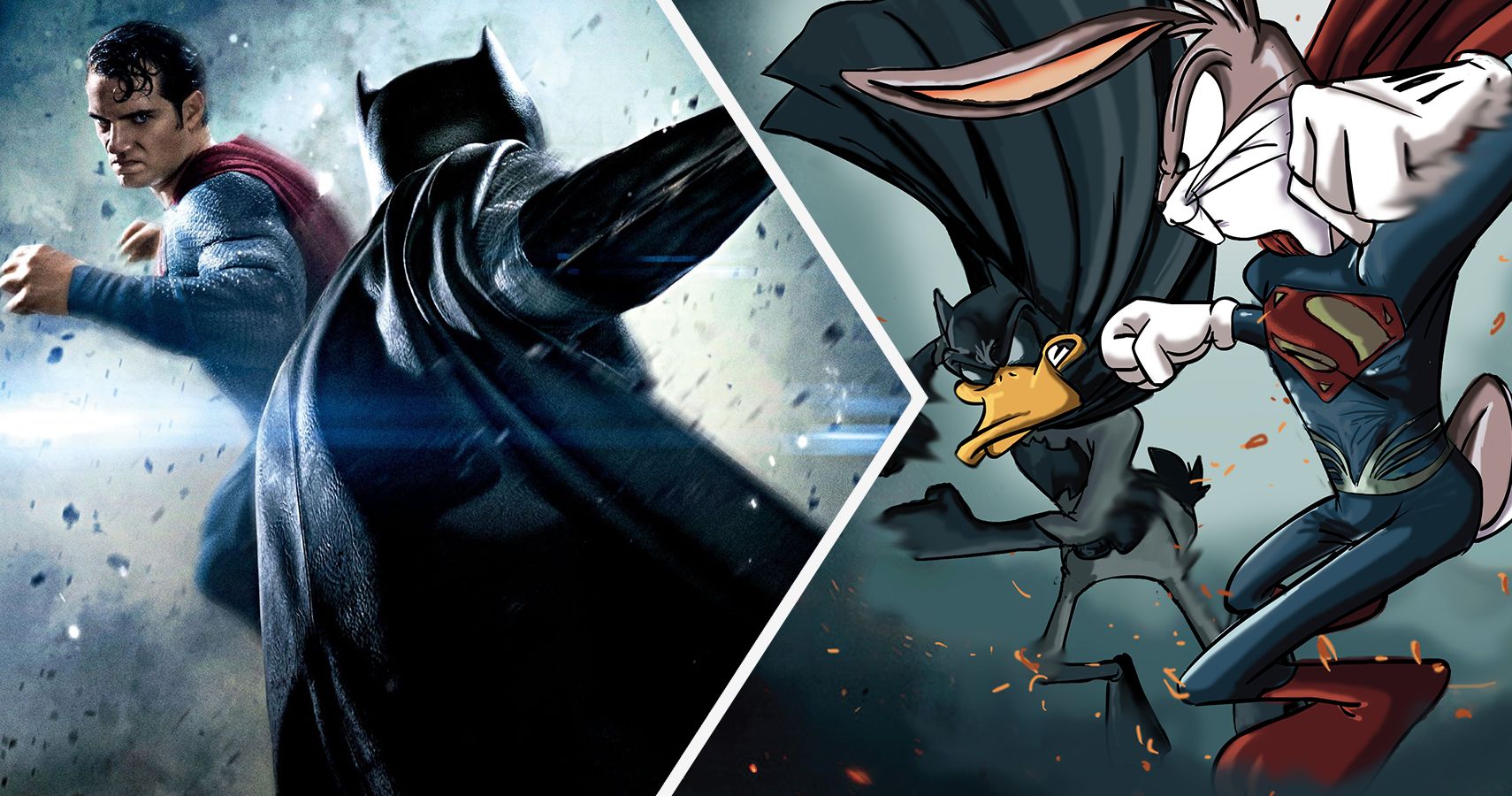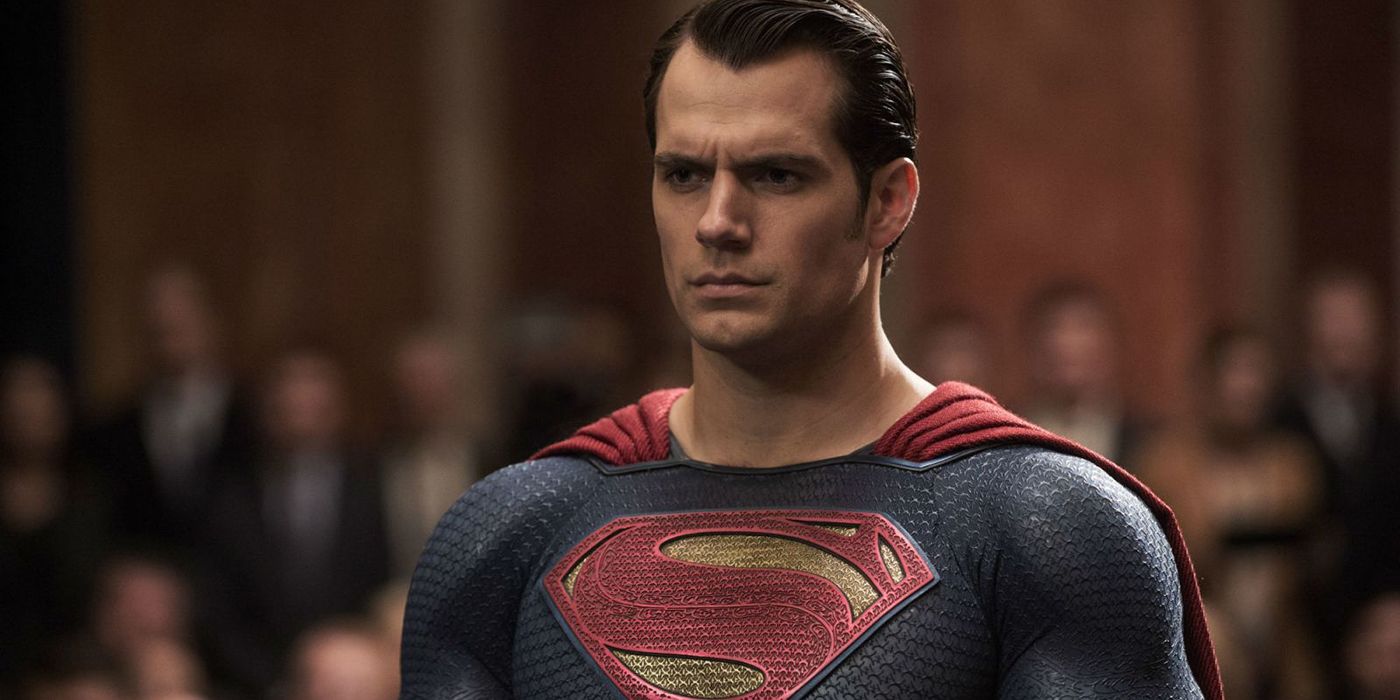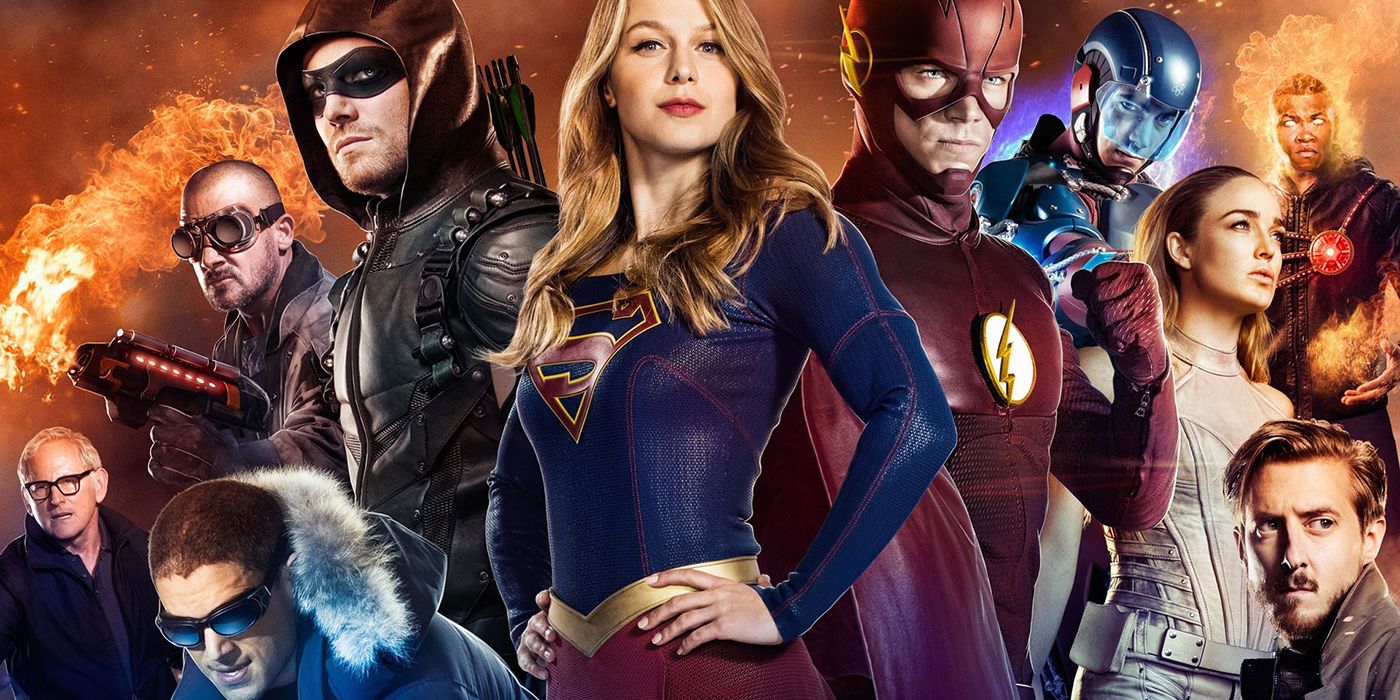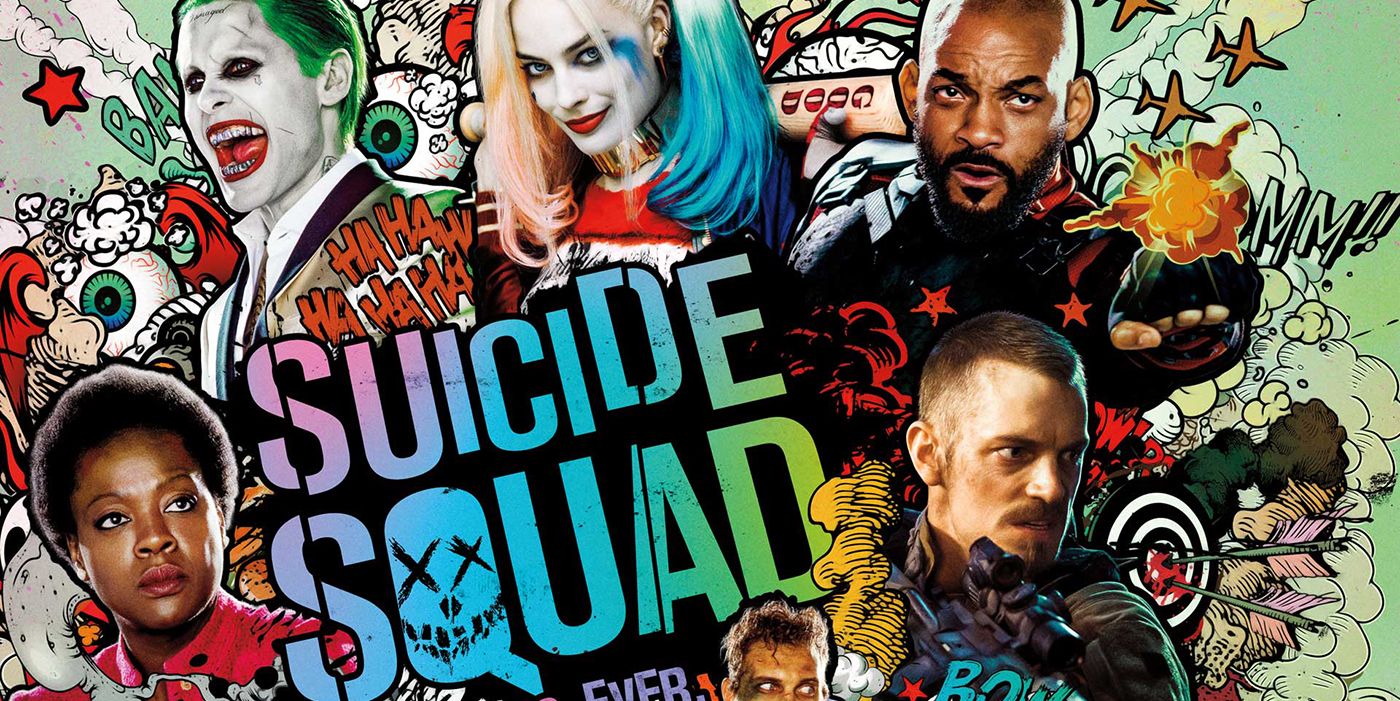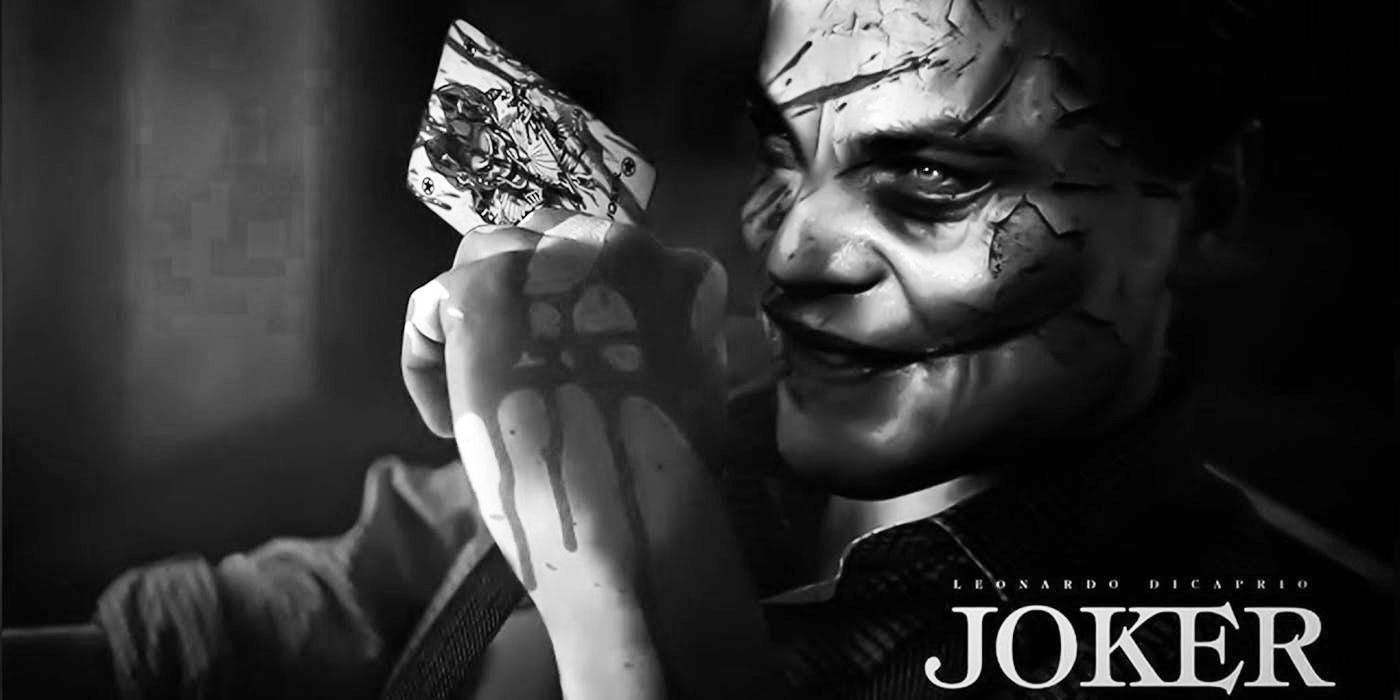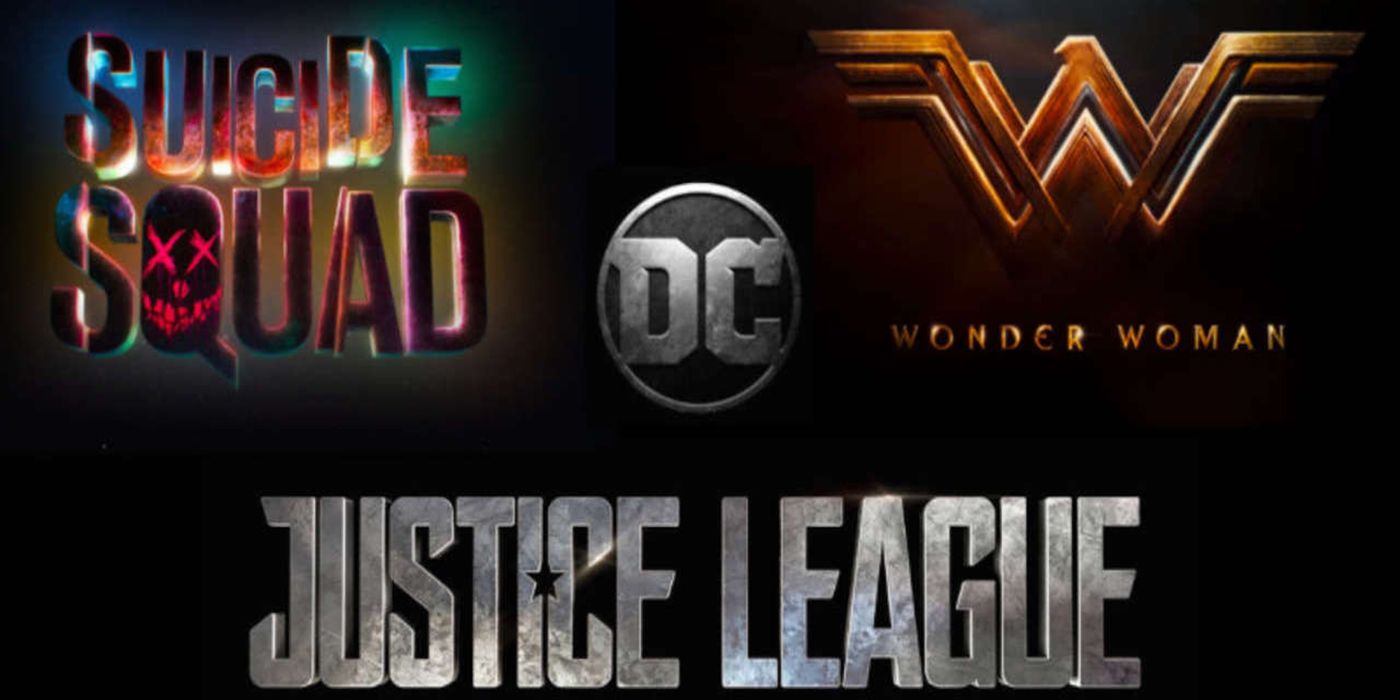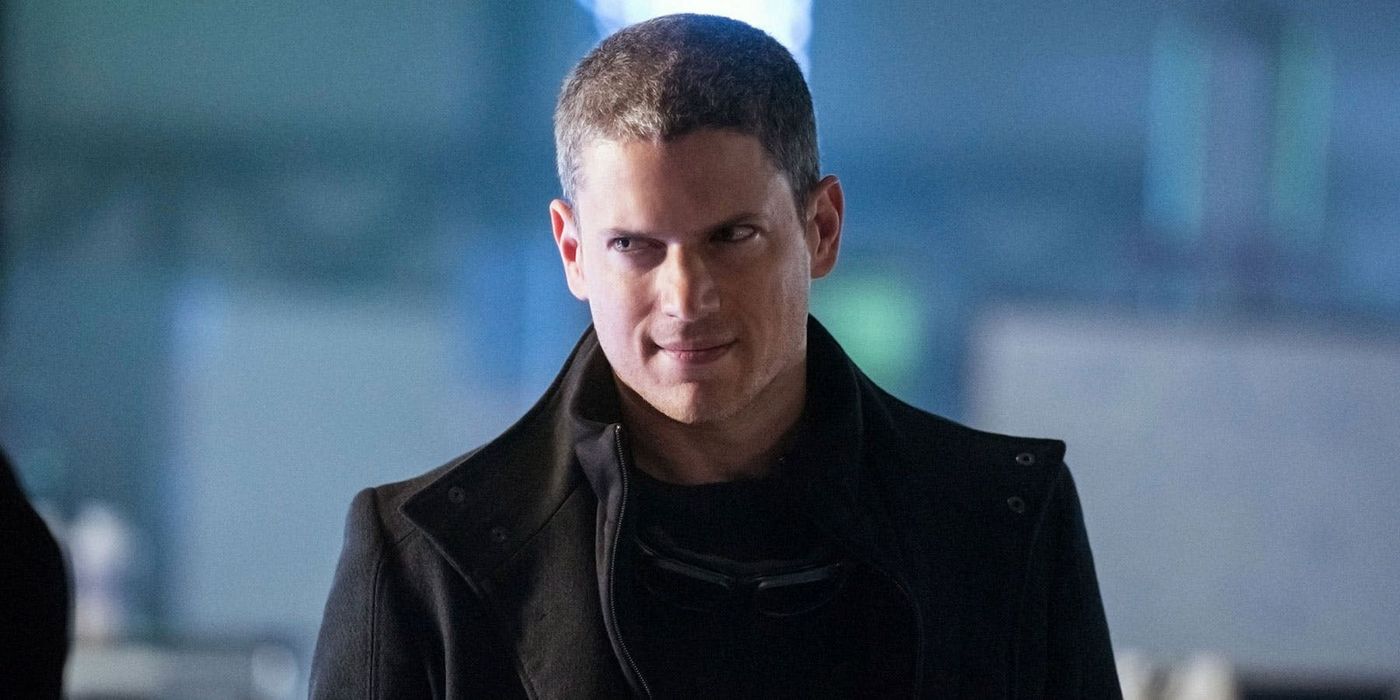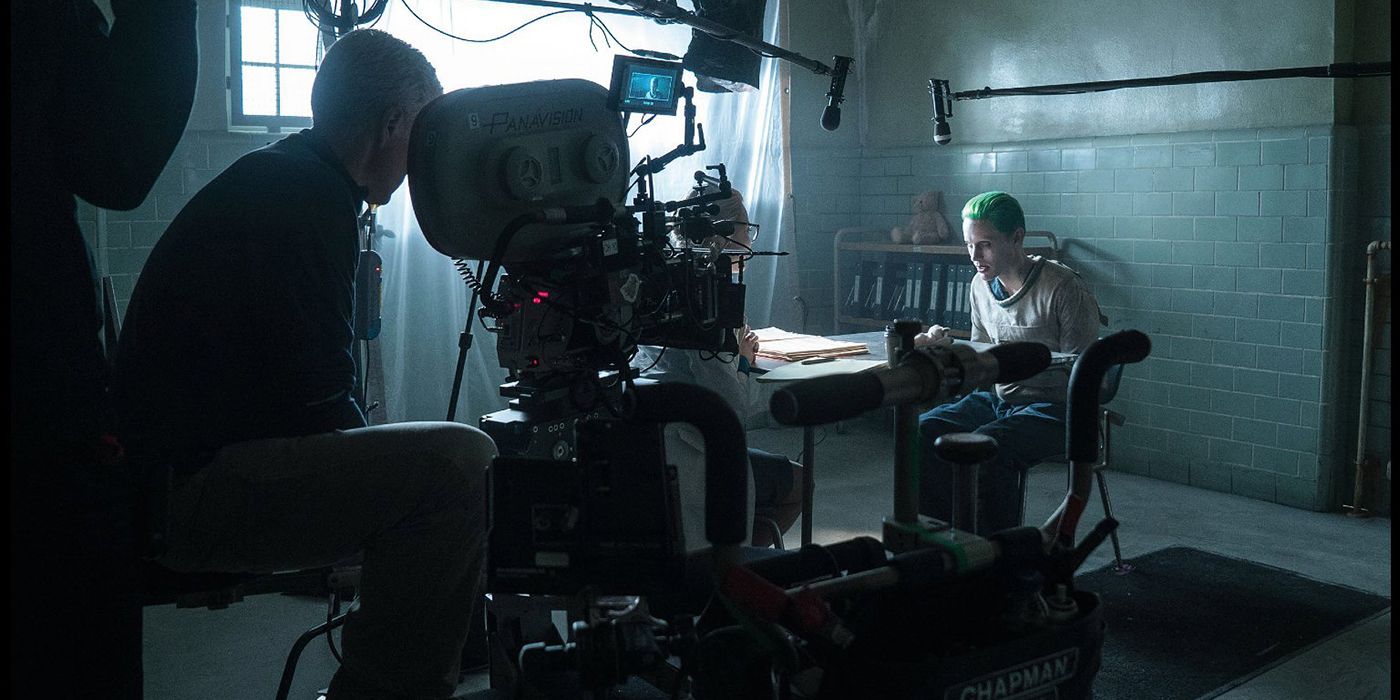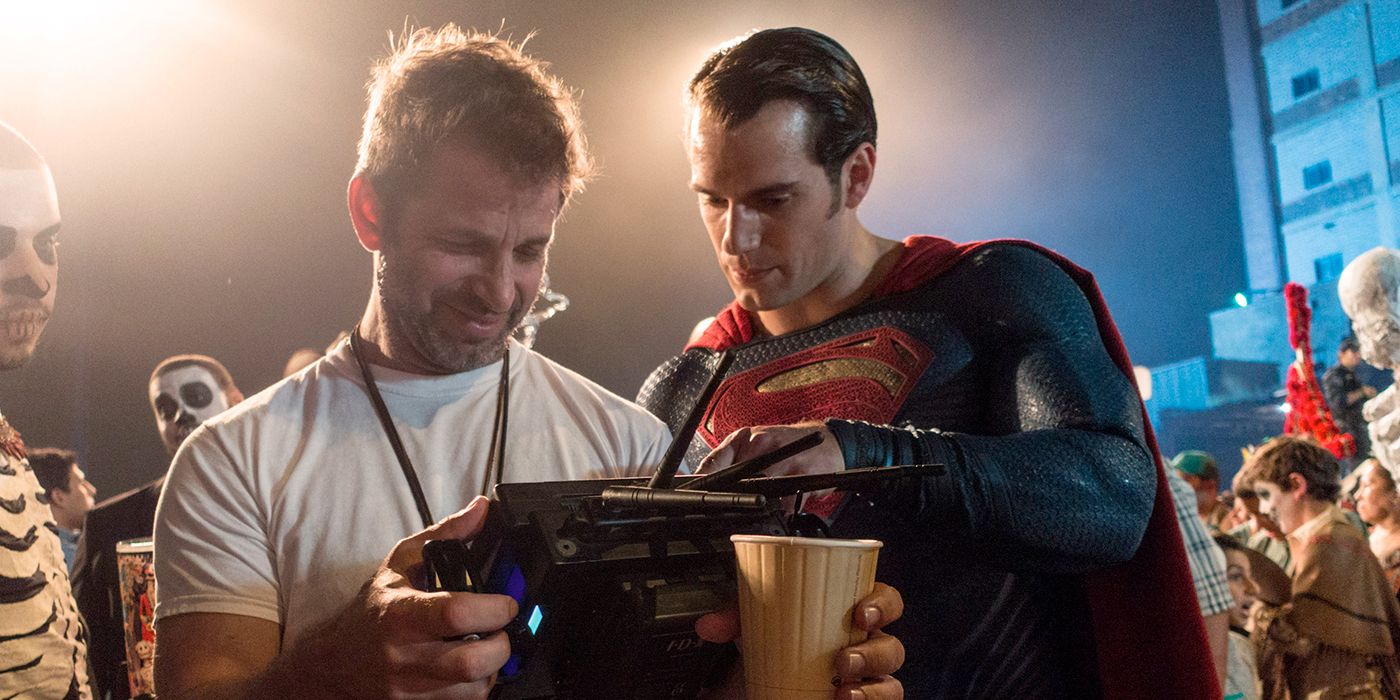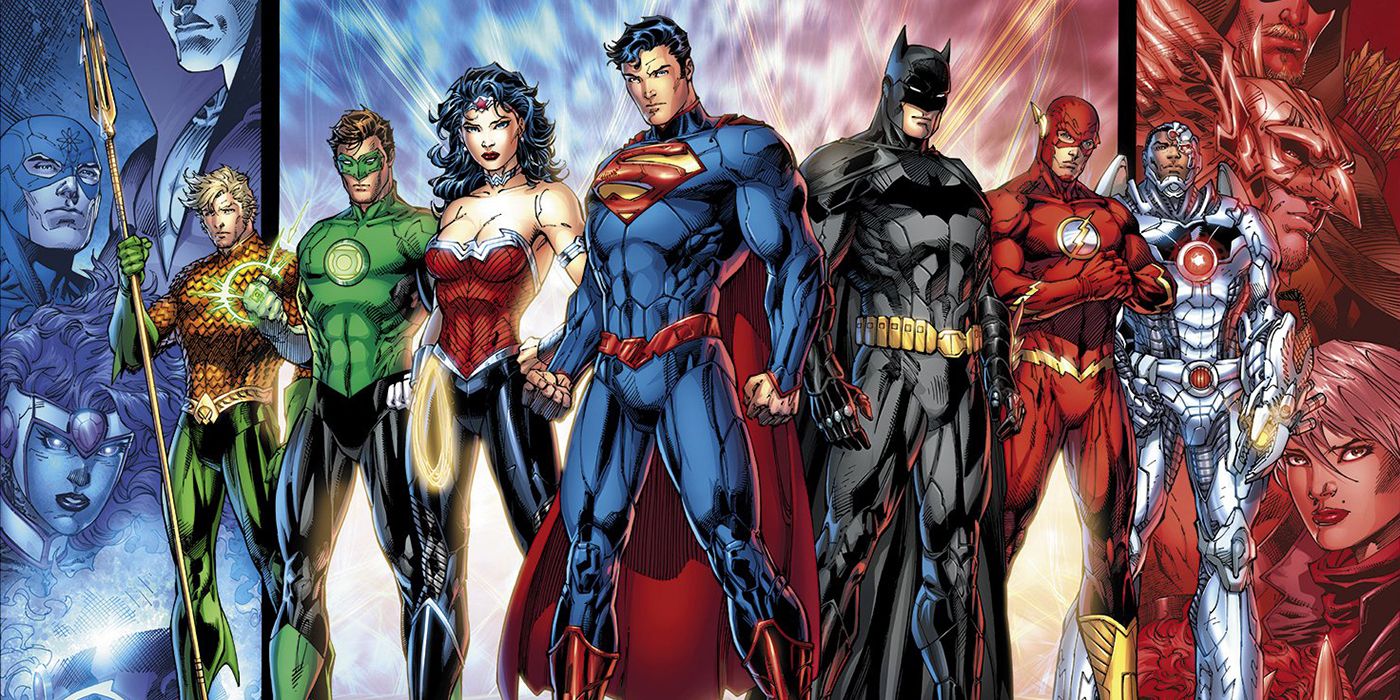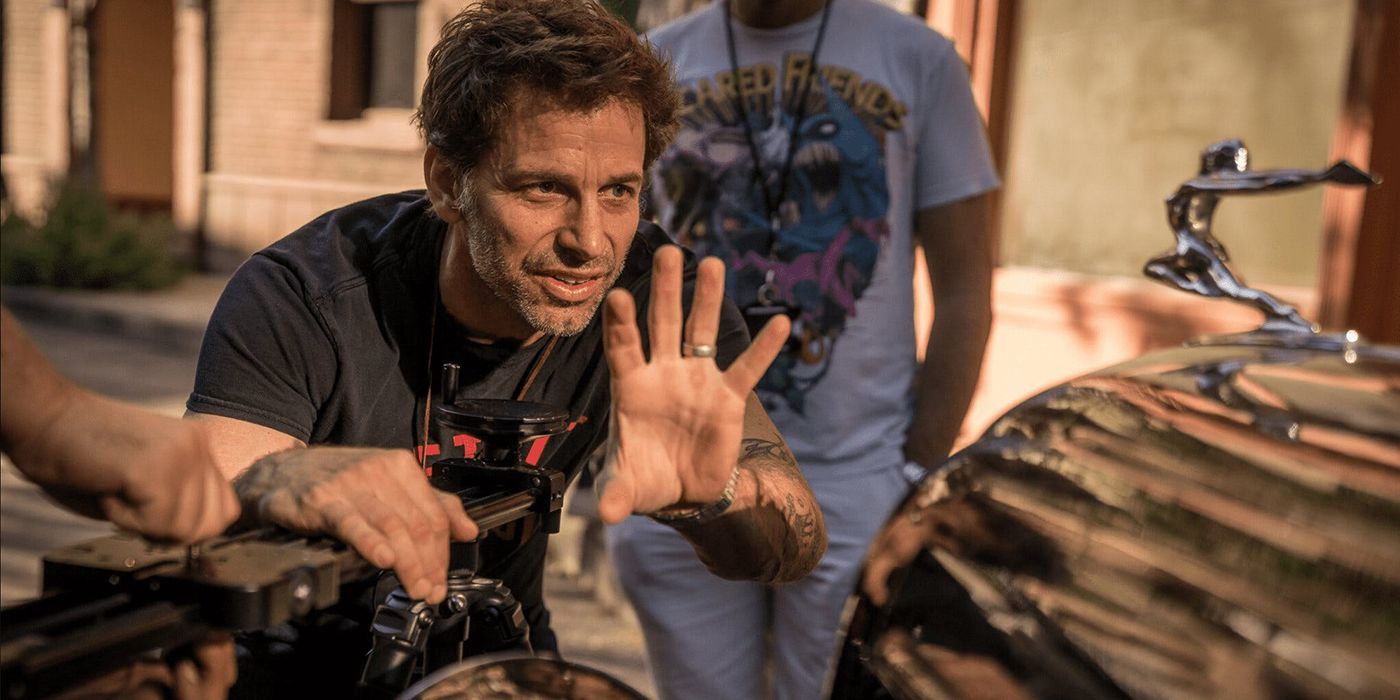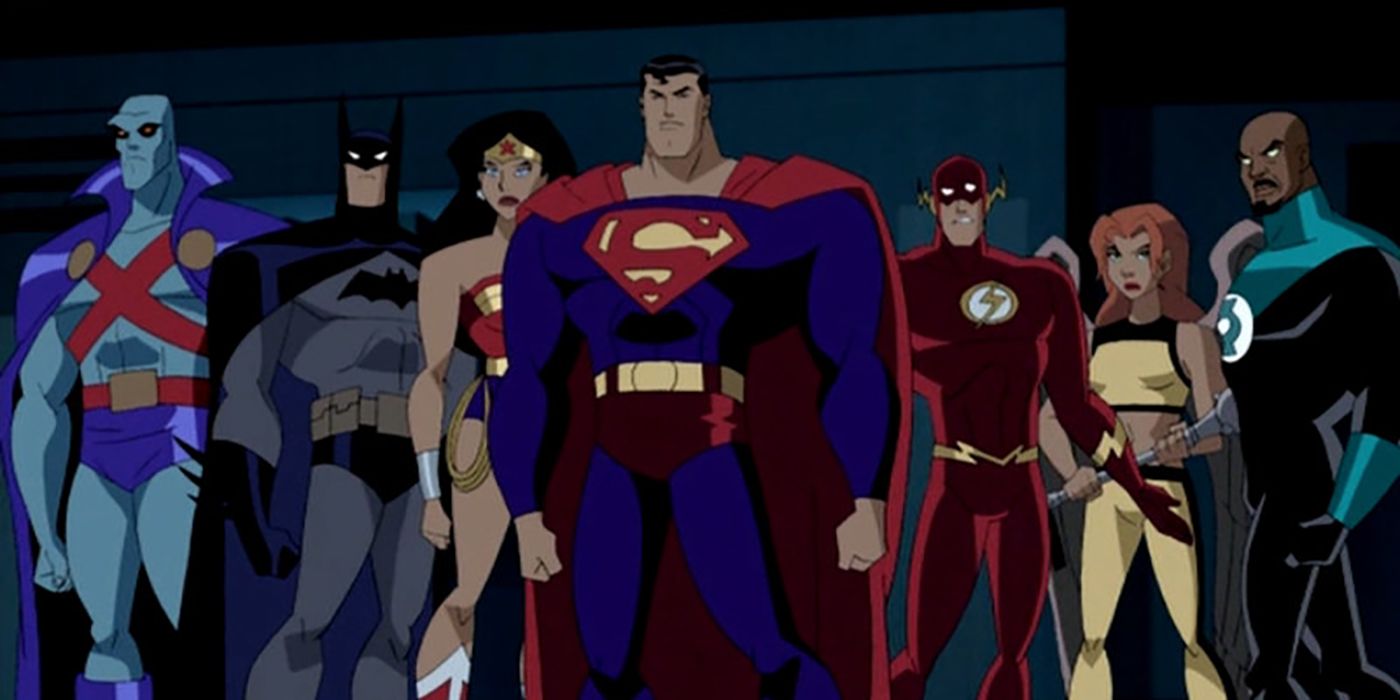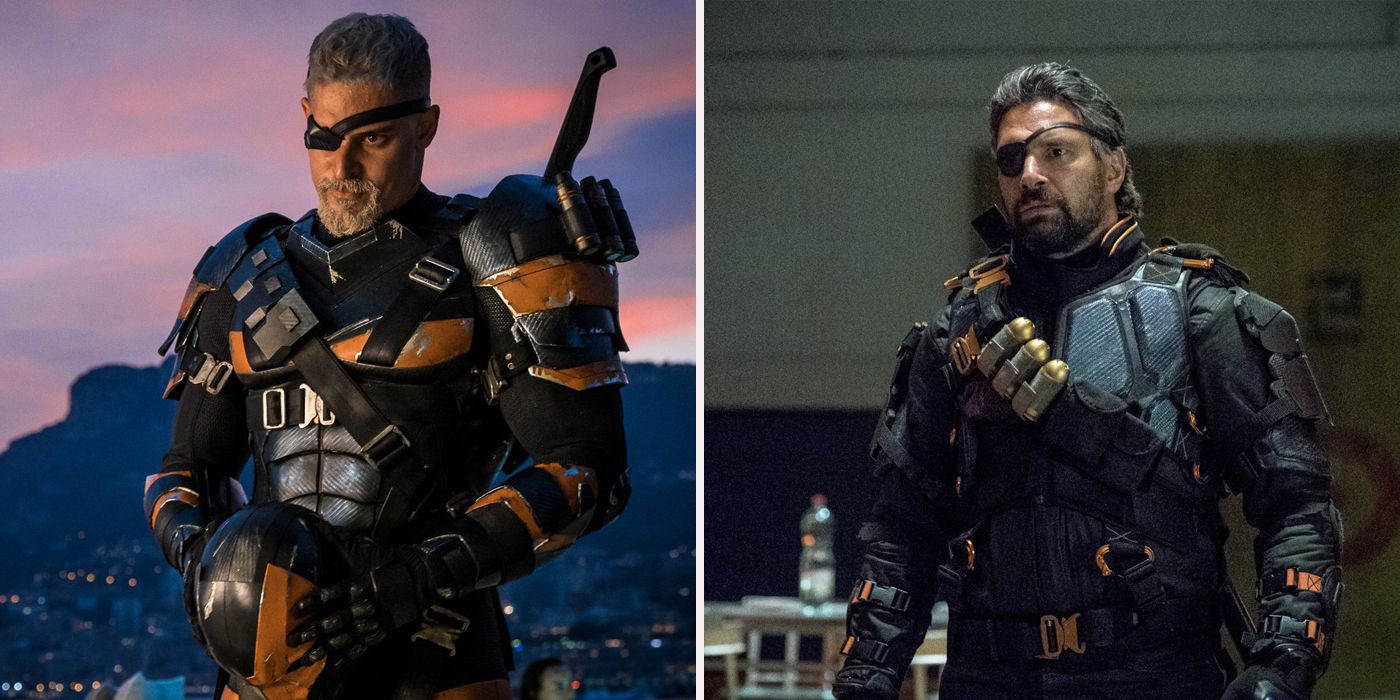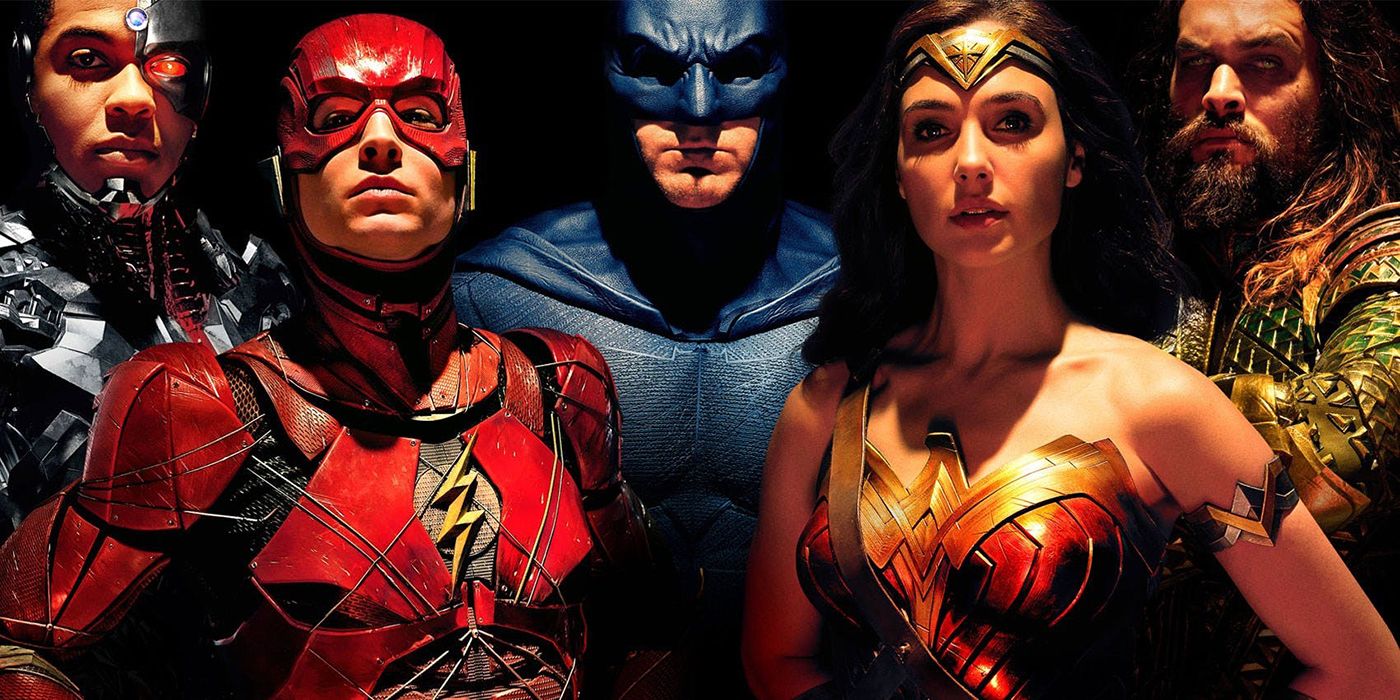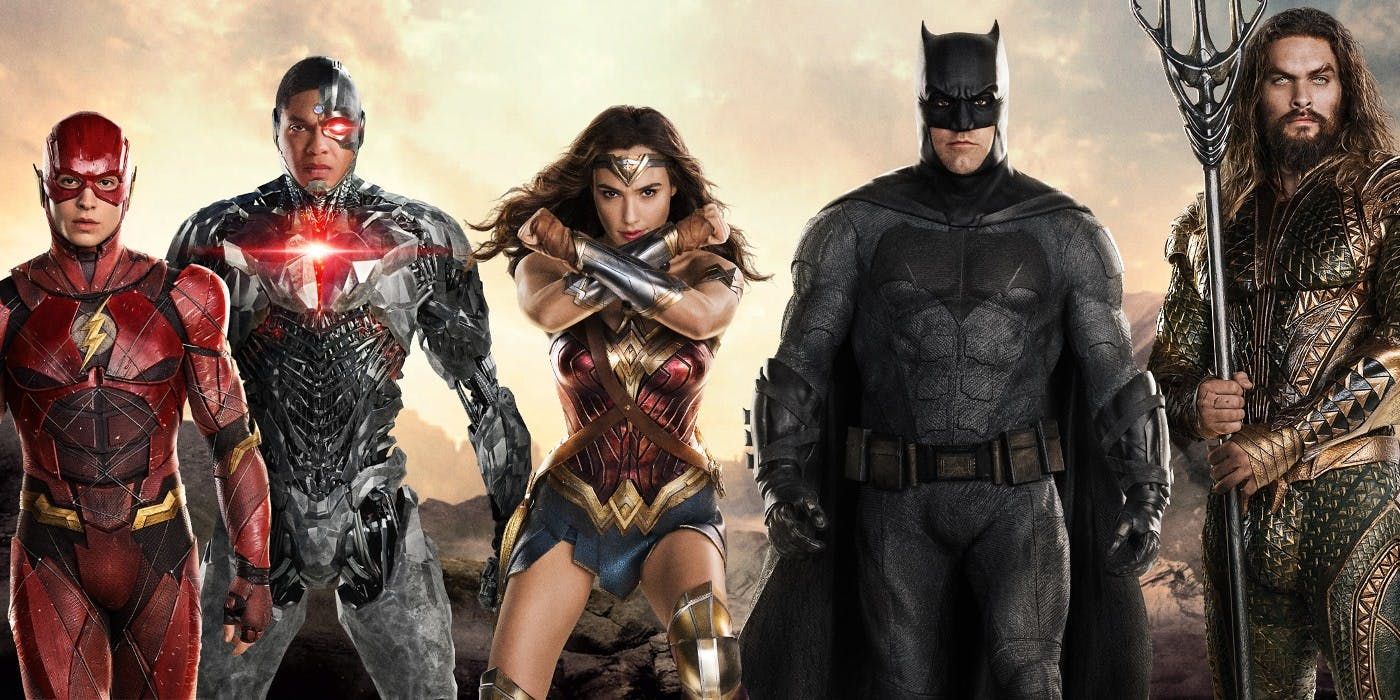While at times it seems that Warner Brothers has no idea what it's doing with the DCEU, the studio does indeed have some rules in place. Ostensibly, these rules are supposed to benefit DC's cinematic universe, although, whether that's the case is debatable. Which is why, the fans have been clamoring for Warner Brothers to relinquish some of its control over the creative development of the movies and give DC Entertainment some much-needed independence. To put it simply, what the fans are asking for is for a DC Comics movie studio, much like the one Marvel has.
For better or worse, this does not appear to be a direction Warner Brothers is willing to take. In fact, the studio has become notorious for its executive meddling. There's no doubt that Warner Brothers has the last word when it comes to big decisions regarding DCEU movies. Naturally, in order to ensure the DCEU doesn't stray from the path, the Warner Brothers has made their position on certain issues clear and established some ground rules for the DCEU to follow. Today, we're taking a look at 15 rules the WB makes the DCEU follow, regardless of whether they make sense or not.
15 NO JOKIN' AROUND
One hardly needs Sherlock Holmes-like skills to figure out that the lack of humor in DCEU movies must have been a choice and not just an oversight. Back in 2014, a number of sources reported that Warner Brothers had imposed a strict "No jokes" rule for all DC Comics movies. This decision came in the wake of Green Lantern’s underwhelming performance -- a movie that was packed to the brim with humor -- and the success of Nolan’s very serious and grim Dark Knight trilogy.
However, this "No jokes" rule backfired pretty fast.
Man of Steel was strongly criticized for being overly dark and bleak in tone. A critical response that only grew stronger with Batman v. Superman: Dawn of Justice. Though, it seems that Warner Brothers have since reconsidered this rule, since both Wonder Woman and Justice League had a decent amount of humor.
14 DC HEROES APPEARING IN WARNER BROTHERS THEME PARKS
The Warner Brothers theme parks may not be as popular and well-known as something like Disney World, but they still attract tones of visitors. And this shouldn’t come as a surprise, since these parks too have a lot to offer -- including DC Comics heroes. Since Warner Brothers owns the distribution rights to everything DC Entertainment, it means that Superman, Batman and the rest of the gang can -- and do -- appear in Warner Brothers theme parks.
If you visit one of these destinations you will find a lot of content dedicated to DC Comics. Along with exhibits, statues and posters, these theme parks also include thematic rides that were tailored with a certain hero in mind. Such as the Superman Escape roller coaster or the Arkham Asylum Shock Therapy roller coaster.
13 DCTV IS A SEPARATE ENTITY
The odds that the Arrowverse would somehow come into the fold of the DCEU were never high. Nevertheless, some fans did hope that Warner Brothers would come around and unite its two universes in some way, shape or form. Of course, now we know for a fact that this is never going to happen, since Warner Brothers has stated that it is taking a "multiverse" approach with their TV and movie properties.
The multiverse is no stranger to DC Comics or its fan. After all, this approach has been successfully used in the comics for a long time.
That being said, if you’re expecting the TV and movie universes to collide in some kind of a "Crisis on Infinite Earths" event, don’t hold your breath. The studio is adamant about keeping these two worlds as separate entities.
12 NO R-RATED MOVIES (YET)
The Chairman of Warner Bros. Picture Group Toby Emmerich stated that R-Rated DCEU movies are not entirely impossible down the line, however, up until now Warner Brothers appears to have had a "No R-Rated Movies" rule in force for their DC Comics movies. On a broader scale this does make sense, since superhero movies are usually made to be family-friendly -- at least to some degree. Much like the MCU, the DCEU has not yet been willing to cross that line.
However, it’s hard to ignore the fact that a movie like Suicide Squad could have benefited from having a bit less restraints. While Wonder Woman most certainly doesn’t need expletives and such, it kind of makes us wonder would Suicide Squad have been a better movie if it had been R-Rated.
11 MOVIES OUTSIDE THE DCEU
In the wake of mixed reviews for the Justice League movie,Warner Brothers decided to shift gears once again. A common complaint about the DCEU movies was that they were connected in a way that felt forced, so the studio came up with a solution. Well, kind of.
Instead of building upon the existing franchise and creating a cinematic universe similar to the MCU, Warner Bros. decided it would be best if they created a multiverse instead.
What does this mean? Well, it means that you can expect non-canon DCEU movies from Warner Brothers. Movies like the Joker origin film which can, and probably will, star a different actor. According to Geoff Johns these movies will probably be one-offs and they will not belong to the mainstream film universe.
10 IMPOSSIBLE DEADLINES AND SCHEDULES
They say that the foundation is the most important component. A cinematic universe is only as strong as its foundation. Marvel did well building the foundation for their cinematic universe. Prior to the big team-up in 2012, the MCU had already released five movies. Meaning, the audience already had a vested interest in these characters.
On the other hand, Warner Brothers imposed on itself this insane tempo in order to catch up with the competition and missed quite a few steps in the process of laying foundation. The studio rushed the production on their movies and made irresponsible and irrational commitments for the future. This resulted in poorly developed characters, storylines that just didn’t add up or connect at all, and sudden changes to the schedule. At this point, trusting that Warner Brothers will stick to any schedule is nearly impossible.
9 NO RESTRICTIONS ON CHARACTERS THAT ALREADY EXIST ON TV
Having two different universes -- one for the big screen and the other for television -- may seem like a smart decision from a logistical point of view. However, issues arise when these two universes decide to use the same characters. The audience often needs an adjustment period when a new actor takes on the role of their favorite superhero, so to ask of it to also accept two different actors portraying the same character at the same time may be a bit too much. Although, not at all unprecedented.
Warner Brothers decided to deal with this problem by simply taking back the rights to a certain character from the Arrowverse.
The most recent "victim" being Wentworth Miller Captain Cold. On the other hand, so far, there haven't been any restrictions on the DCEU when it comes to using characters that already exist on TV.
8 THE DIRECTOR’S VISION OVER A SINGULAR CREATIVE VISION
After four mediocre movies and the beacon of hope that is Wonder Woman, it is clear that the DCEU doesn’t have a consistent tone. Warner Brothers still hasn't decided on a singular creative vision, instead opting to give directors -- primarily Zack Snyder -- too much freedom. It took the studio two movies to finally put Snyder in check, only to give the same freedom to David Ayer.
Over and over again, Warner Brothers has sacrificed a singular creative vision in favor of the director’s own vision. By the time Warner Bros. realized its mistake the damage was already done. Now, five movies into the franchise, there’s still not a slimmer of a consistent tone and direction. Snyder’s two first movies seem like the Upside Down world compared to the upbeat Wonder Woman. While executive meddling made Justice League and Suicide Squad feel patchy and off-center.
7 MAKE ONLY MOVIES
Perhaps one of the most important moves Marvel made was keeping its TV universe in the fold. With Agents of S.H.I.E.L.D. on ABC, the Netflixverse and Runaways on Hulu, the MCU is pretty well spread out. Not only is it plain cool to have all these different characters and stories play out in the same world, it also enables Marvel to keep its audience interested and invested even when they leave the theater. Conversely, Warner Brothers opted not to commingle their movie and TV universes.
Instead, we have the polarizing DCEU practically competing with the rather successful Arrowverse.
We now have two Flashes, two Supermans, two Deathstrokes, and so on. It seems like the DCEU could definitely use a show or two to keep its audience around. The question is, will Warner Brothers ever see the error of its ways and start spreading out?
6 STICK TO THE NEW 52
Warner Brothers is often called out for being too narrow in its approach. For some reason, the DCEU continues to rely too much on the New 52 iconography, even though this comic book reboot was abandoned back in 2015. It’s odd, to say the least, to cling to it when there are so many other, arguably superior, books out there that Warner Brothers could use for inspiration.
Yet, the studio seems to be hell-bent on sticking strictly to the New 52. Justice League was heavily based on the New 52 origin story. Other movies, such as Batman v. Superman, also drew inspiration from the New 52 (among other stories). Whether this is a bad or a good thing is up for debate. While this approach should theoretically help with overall direction of the DCEU, it also imposes unnecessary limitations.
5 MOVIES CANNOT BE OVER TWO HOURS LONG
When the announcement was made that the DCEU’s big team-up movie Justice League will run for no longer than two hours, it took us all by surprise. All of the four previous movies in the DCEU were over two hours long, and those are the theatrical releases.
Apparently, Warner Brothers has had it with the excessive runtimes and decided to cap the movies at two hours, starting with Justice League.
The decision to make Justice League under two hours came from the Warner Bros. CEO Kevin Tsujihara. Reportedly, the length of Batman v. Superman: Dawn of Justice, particularly its "Ultimate Edition", facilitated this questionable decision. This has the fans even more worried, given that the longer, Snyder cut of the movie actually made much more sense than the theatrical version.
4 DCAU OFF THE TABLE
Apparently, having separate universes across the board is of utmost importance to Warner Brothers. Not only did the studio make sure to keep their DCTV universe separate from the DCEU, it also ensured that its animated properties remain their own entity. The so-called DCAU is an incredibly successful franchise and it’s easy to see why Warner Brothers would want to keep it holed up away from its other properties.
However, it certainly would have been nice to at least include a cameo or two in some of the DCAU movies or series. Marvel has done it on a couple of occasions and the fans loved it. But, is it possible that Warner Brothers doesn’t have enough confidence in its cinematic universe to start introducing bits and pieces of it in the critically acclaimed and beloved DCAU?
3 THE DEATHSTROKE CONUNDRUM
The CW has made it clear that it was only borrowing the DC Comics characters for its TV shows. These rights could be taken away at any time, something that has already happened. However, it's not always clear how these rules work. Case in point, Deathstroke. Deathstroke first appeared on Arrow and, if we’re being honest, he was the show's best villain.
Nevertheless, when the DCEU decided they wanted to use the character, The CW was told to bench Deathstroke.
Then we heard rumors that Ben Affleck was looking for a way out of the DCEU, and Warner Brothers -- unsure of what’s in store for The Batman -- let Arrow have Deathstroke once again, only to take him away again. Overall, it seems Warner Brothers isn’t quite sure what to do with Deathstroke, possibly, to some extent, due to the popularity of Manu Bennett's Deathstroke.
2 REACTIVE APPROACH
Man of Steel laid the foundation for a dark and gritty superhero universe, in stark contrast to the MCU. Despite the mixed reviews and criticism directed predominantly at the movie’s grim tone, Warner Bros. decided to make Batman v. Superman even darker. And after a period of ignoring the critics, the studio decided to take the reactive approach, latching on to their every remark and overcompensating.
And with Suicide Squad, their reactive approach led them to mash two very different final cuts together, creating a colossal mess of a movie. After three mediocre movies, there was a lot of pressure on Wonder Woman, and much to everyone’s surprise and delight, Warner Brothers finally struck gold. Sadly, this short golden age of DCEU proved to be exactly that. Which brings us to Justice League, a movie that was the ruined by the studio's reactive approach.
1 LACK OF CLEAR-CUT RULES AND PLANS
All things considered, the DC Extended Universe seems to suffer more from the lack of clear-cut rules and plans than from having too many restrictions and weird rules to abide by.
It is painfully obvious that Warner Brothers lacks clear vision for the future of the DCEU and is willing to do whatever it deems necessary to make a quick buck.
The MCU is often criticized for being too formulaic, relying on the same tropes over and over again and being overly concerned with connecting all of its movies and series. Though, this criticism does hold some water, it is undeniable that this approach works. Kevin Feige’s vision and the studio's adherence to a certain set of guidelines made the MCU into the most profitable movie franchise. So, perhaps the DCEU would benefit from having a similar set of established rules and plans for the future.

